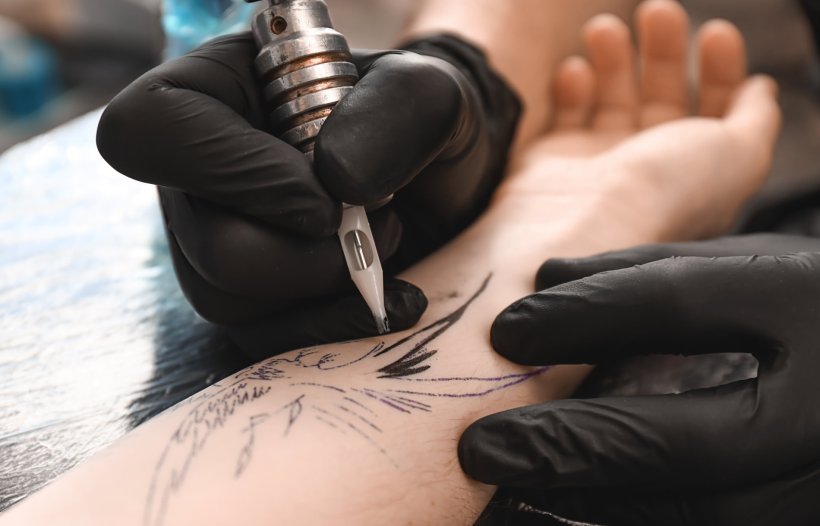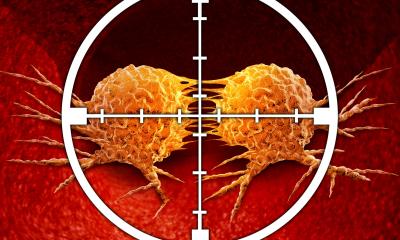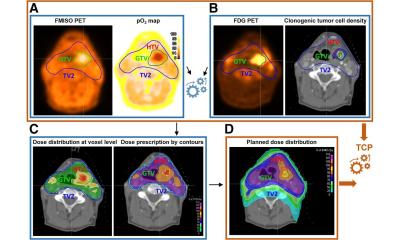
© Pixel-Shot – stock.adobe.com
News • Insights into ink
Study links tattoos with increased lymphoma risk
Our knowledge regarding the long-term health effects of tattoos is currently poor, and there is not a lot of research within this area. Now a research group at Lund University has investigated the association between tattoos and lymphoma.

Image source: Lund University
“We have identified people diagnosed with lymphoma via population registers. These individuals were then matched with a control group of the same sex and age, but without lymphoma. The study participants answered a questionnaire about lifestyle factors to determine whether they were tattooed or not”, says Christel Nielsen, the researcher at Lund University who led the study now published in eClinicalMedicine.
In total, the entire study included 11,905 people. Of these, 2,938 people had lymphoma when they were between 20 and 60 years old. Among them, 1,398 people answered the questionnaire, while the number of participants in the control group was 4,193. In the group with lymphoma, 21% were tattooed (289 individuals), while 18% were tattooed in the control group without a lymphoma diagnosis (735 individuals). “After taking into account other relevant factors, such as smoking and age, we found that the risk of developing lymphoma was 21% higher among those who were tattooed. It is important to remember that lymphoma is a rare disease and that our results apply at the group level. The results now need to be verified and investigated further in other studies and such research is ongoing”, says Christel Nielsen.
People will likely want to continue to express their identity through tattoos, and therefore it is very important that we as a society can make sure that it is safe
Christel Nielsen
A hypothesis that Christel Nielsen's research group had before the study was that the size of the tattoo would affect the lymphoma risk. They thought that a full body tattoo might be associated with a greater risk of cancer compared to a small butterfly on the shoulder, for example. Unexpectedly, the area of tattooed body surface turned out not to matter. “We do not yet know why this was the case. One can only speculate that a tattoo, regardless of size, triggers a low-grade inflammation in the body, which in turn can trigger cancer. The picture is thus more complex than we initially thought.”
Most people get their first tattoo at a young age, which means that you are exposed to tattoo ink for a large part of your life. Even so, research has only scratched the surface of the long-term health effects of tattoos. “We already know that when the tattoo ink is injected into the skin, the body interprets this as something foreign that should not be there and the immune system is activated. A large part of the ink is transported away from the skin, to the lymph nodes where it is deposited”, says Christel Nielsen.
The research group will now proceed with studies of whether there is any association between tattoos and other types of cancer. They also want to do further research on other inflammatory diseases to see if there is a link to tattoos. “People will likely want to continue to express their identity through tattoos, and therefore it is very important that we as a society can make sure that it is safe. For the individual, it is good to know that tattoos can affect your health, and that you should turn to your health care provider if you experience symptoms that you believe could be related to your tattoo”, concludes Christel Nielsen.
Source: Lund University
28.05.2024





